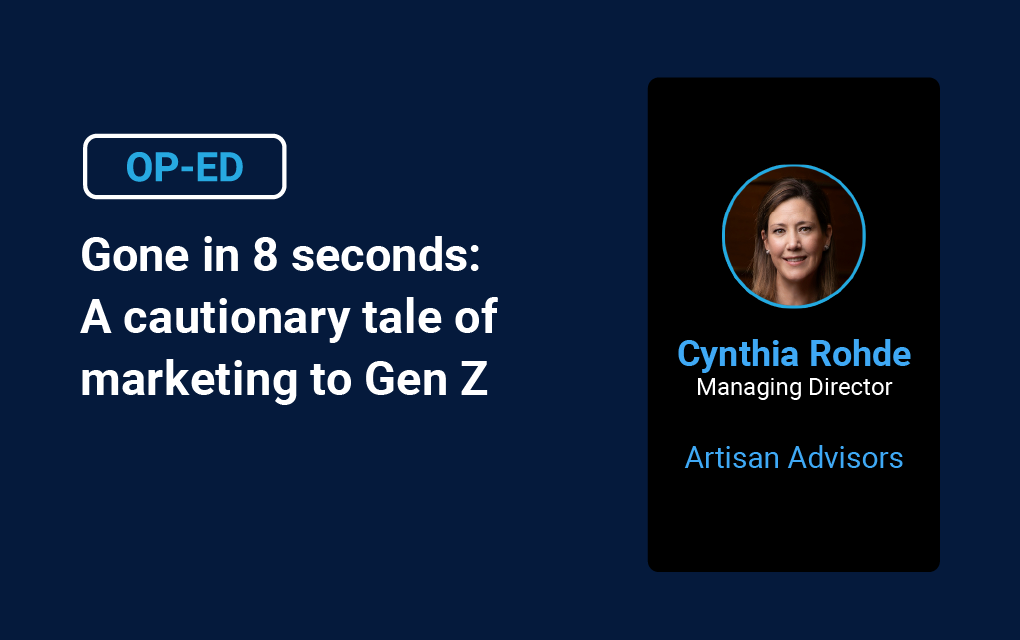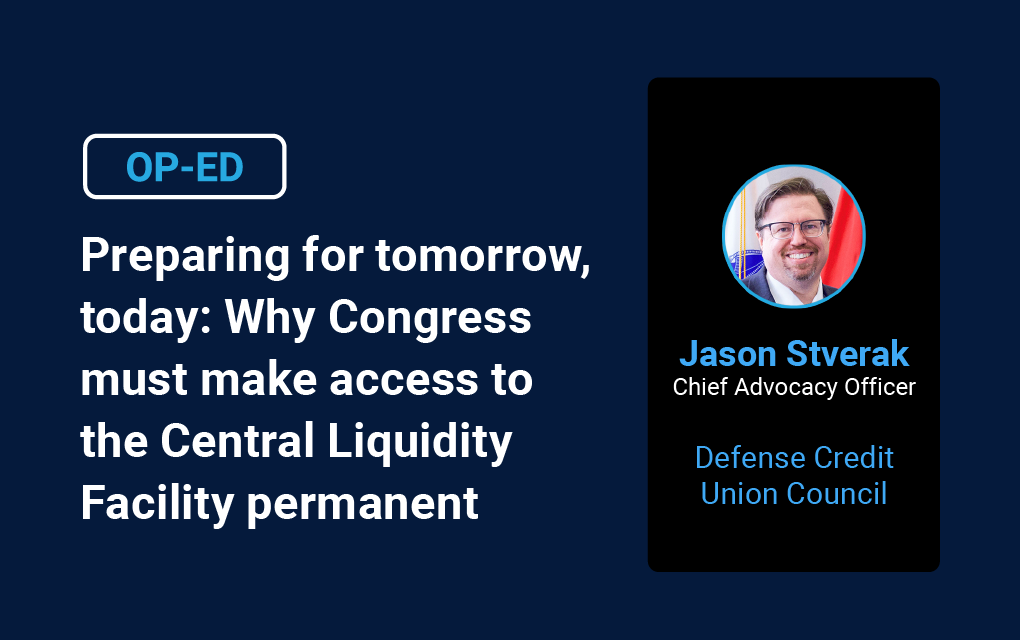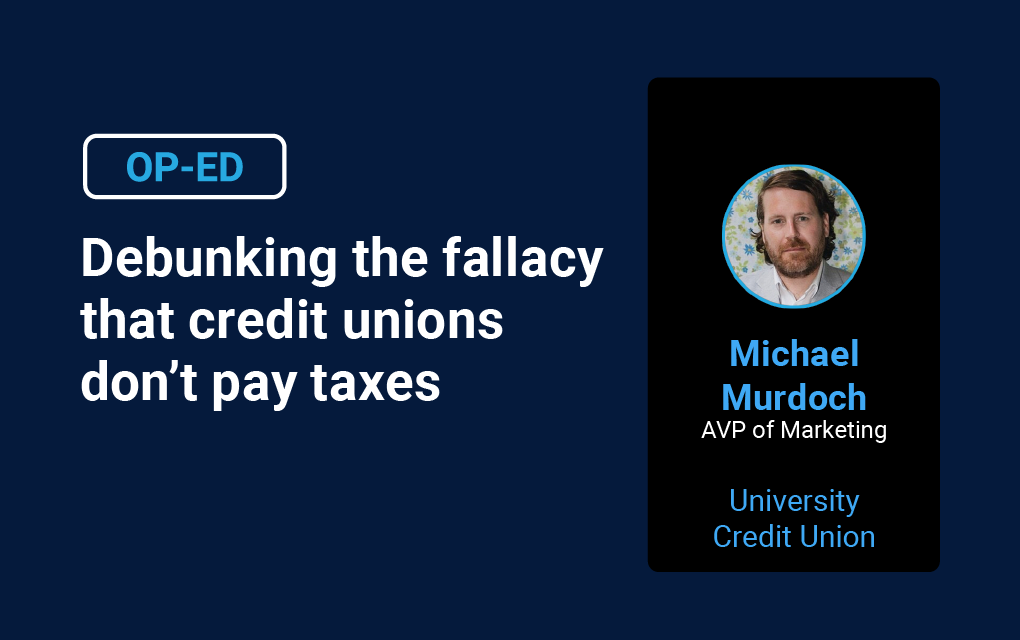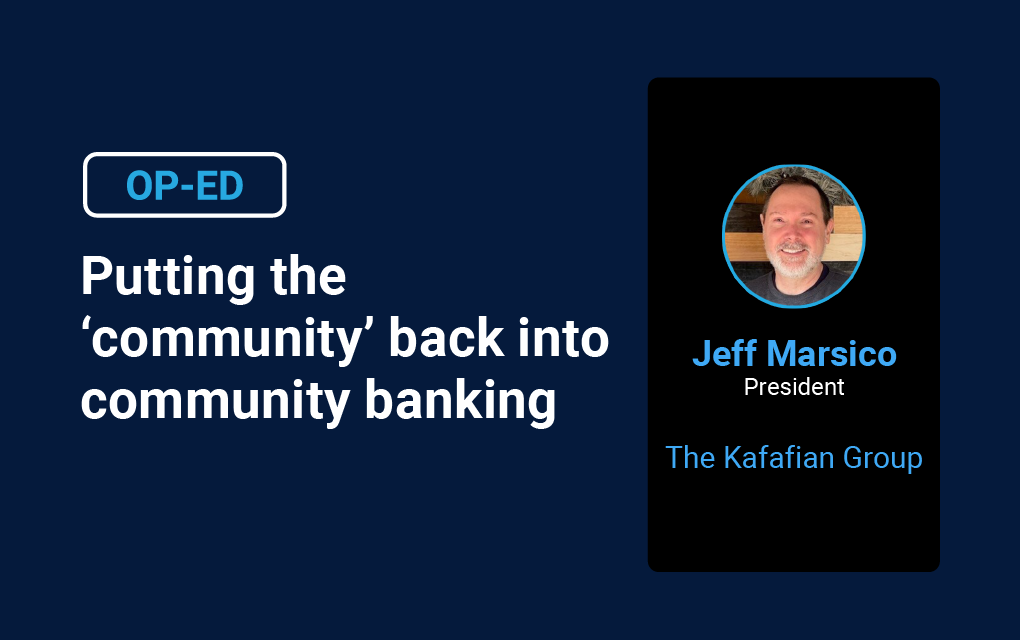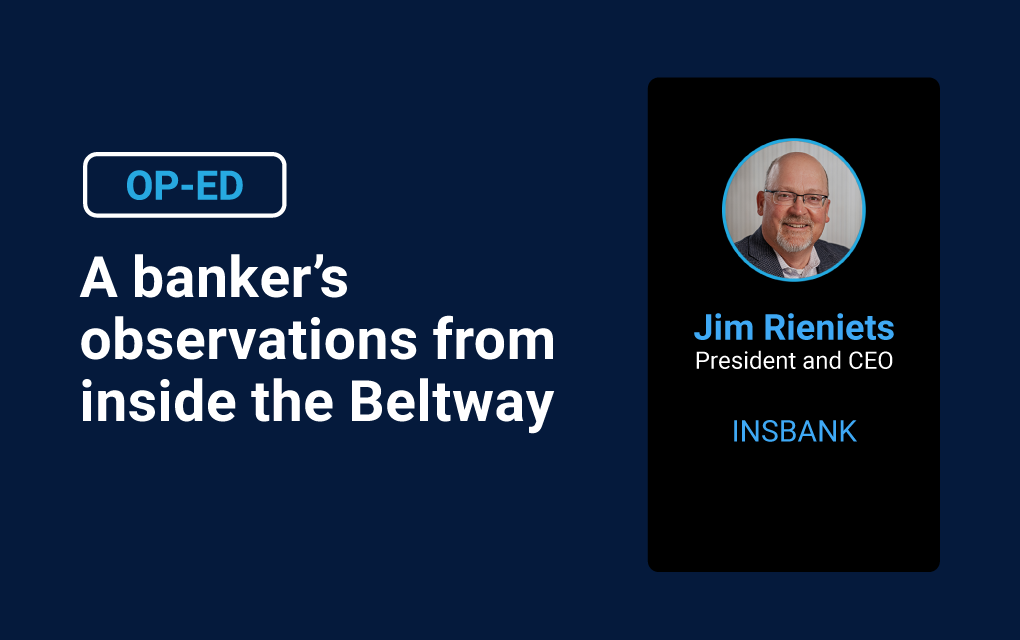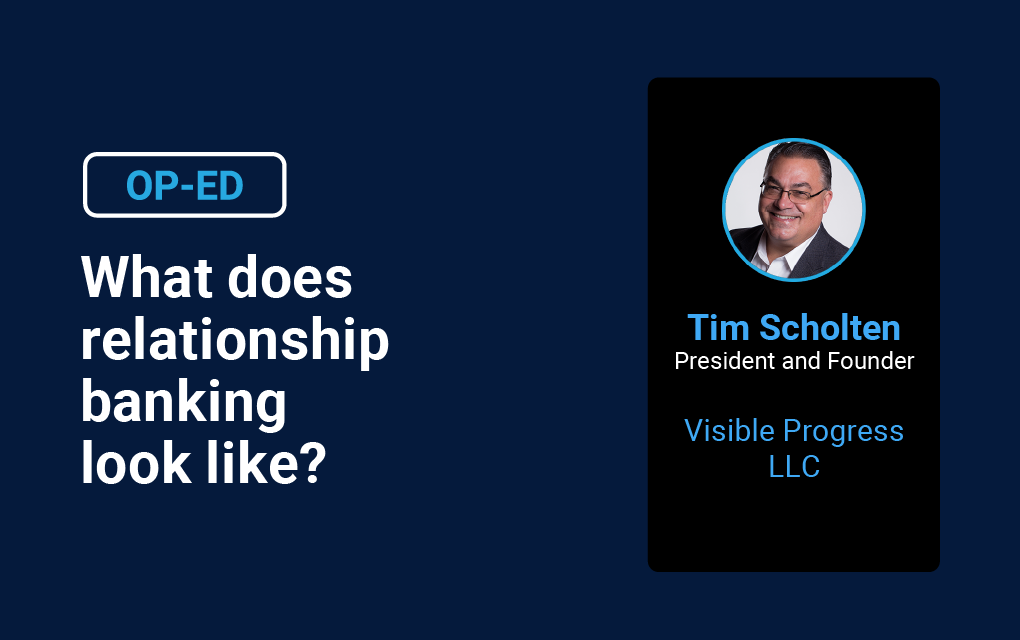There’s gold in them thar…credit unions?
“According to most financial experts, a ‘normal’ person should allocate between 5% and 10% of their retirement savings to precious metals like gold…aiming to diversify their portfolio while mitigating risk…” – Google AI assistant summary
Do not ask me to define what a “normal” person is, but this is a typical response one may hear when asking a “financial expert” if they should invest in precious metals as part of their retirement planning.
But what about financial institutions? Specifically, credit unions. Is it time for credit unions to hold some gold or other precious metals as well? Is a credit union even allowed to buy/hold/sell gold?
I am no lawyer, but National Credit Union Administration rules and regs §712.5 seems to provide some guidance on the matter, and it appears – on paper – to allow credit unions to hold gold coins.
If there is a credit union out there that is holding physical gold feel free to chime in on what the regulators say.
I want to say up front that my credit union does not hold physical gold, and this is just a fun little thought exercise.
So on with the fun.
What do we know about the financial aspects of gold? The “experts” say it’s a good hedge against inflation, and I agree. Consider this: in 1984 the cost of 1 troy ounce of gold was $308. On Nov. 4, 2024, the price of an ounce of gold closed at $2,746.20.
Now a Big Mac (only the sandwich) cost $1.60 in 1984. Today, a Big Mac (only the sandwich) runs you about $6.29 in Savannah, Georgia, and probably about $12 in California.
I am kidding. Maybe.
In 1984, 1 ounce of gold would buy you 192-ish Big Macs. On Nov. 4, 2024, 1 ounce of gold could buy 436-ish Big Macs.
“But Matt, credit unions don’t buy and sell Big Macs!”
No kidding. But we do buy, hold and sell paper and electronic currency that our members use to buy food.
Side bar: hopefully they are eating a well-balanced diet. I live in Savannah so I am not balancing anything. I’ll be dead from a heart attack by 60 and go out smiling – the food is so good here.
Where was I?
Oh yeah.
If we are just focusing on holding gold today, here is an example of why it could possibly ensure a credit union will have currency that our members can access if inflation or the economy gets a little crazy.
While the U.S. debt-to-GDP ratio is expected to reach 121% by the end of 2024 – I am going to use Venezuela currency (or lack thereof) as a reinforcement of the Big Mac example today.
In 1999, 1 Venezuelan Bolivar was equivalent to ~$.64.
So let’s say you’re a financial co-op CEO in Venezuela in 1999. Maybe your country just had an election and maybe you are a tad concerned about where your country is heading. Say your bank has a net worth of roughly $15.625 million Bolivars ($10 million U.S.). So you invest 10% of your net worth in gold ($290.5 per ounce in U.S. dollars at 12/31/1999). So now you own ~3,442 ounces of gold.
“OMG! 3,000 ounces of gold! Where do I put it?”
Hush up – it’s only 215 pounds. Keep it in five separate, secure places and it’s only 43 pounds a location.
Fast forward 20 years. Your country’s currency has failed. The inflation rate is over 2,700% (yes, this number is factual, and it did happen). At the gold-to-Bolivar exchange rate of that time, you can cash in some gold, most likely write off all the bad loans or cover the loan losses in the allowance. And – provided your current government hasn’t confiscated the gold – you are the only bank that has a real asset. You can exchange the rest of the gold for whatever the new currency of the week is and allow your member-owners to access their deposits so they can eat.
I know, I know, this is the worst-case scenario. But maybe it’s time to think about putting, say, 2% or 3% of equity in gold. Just in case.
Here is an example, if a financial institution was holding gold starting in December 2001.
Credit Union X has $10 million in equity. Credit Union X buys $200,000 (2% of its net worth) in gold. As of Nov. 4, 2024, its gold holdings would add an extra $1.689 million in net worth, and all Credit Union X did was securely store and insure 43 pounds of gold for 23 years.
It’s something to think about.
Matt Selke in August was named the president and CEO of Georgia Heritage Federal Credit Union in Savannah, Georgia. Prior to that, he spent 10 years as the CEO of Pinnacle Credit Union in Atlanta.
Disclaimer
The views, opinions, and perspectives expressed in articles and other content published on this website are those of the respective authors and do NOT necessarily reflect the views or official policies of Tyfone and affiliates. While we strive to provide a platform for open dialogue and a range of perspectives, we do NOT endorse or subscribe to any specific viewpoints presented by individual contributors. Readers are encouraged to consider these viewpoints as personal opinions and conduct their own research when forming conclusions. We welcome a rich exchange of ideas and invite op-ed contributions that foster thoughtful discussion.


